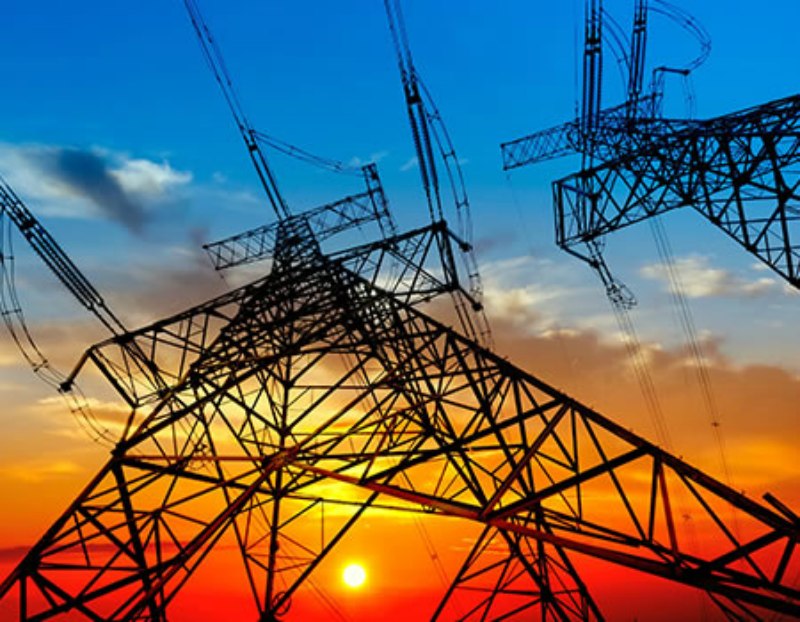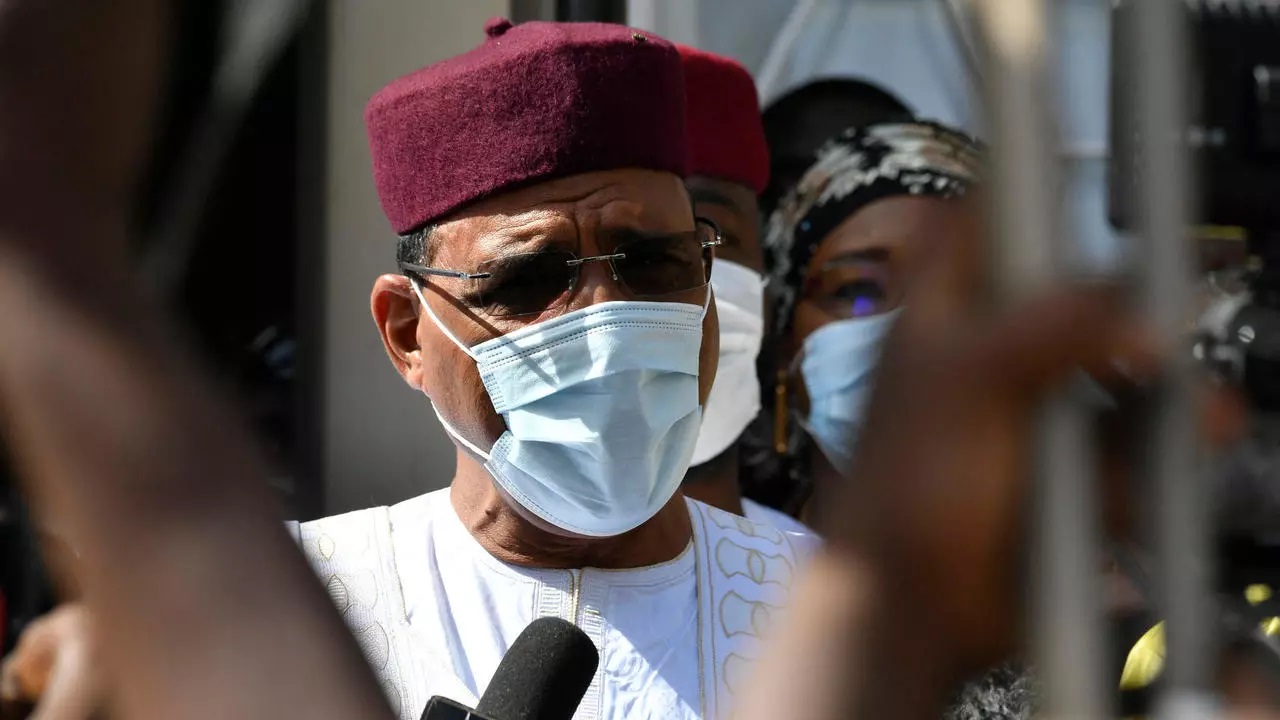
As Nigeria reduces its power supply to neighboring Niger Republic, residents are facing increasing challenges and are now exploring alternative sources of energy.
- Nigeria reduces power supply to Niger Republic, leading to energy challenges for residents
- Niger’s citizens and businesses turn to solar energy as an alternative source of power
- Rise in solar energy adoption in Niger attributed to improved lithium batteries and accessible equipment
The decision by Nigeria to cut power supply has led to widespread power shortages in Niger, prompting individuals and businesses to seek other solutions to meet their energy needs.
Niger’s Energy Minister, Haoua Amadou, disclosed the situation in an interview with AFP, following widespread complaints from citizens and a noticeable shift towards the adoption of solar energy as an alternative source.
DON’T MISS THIS: Zimbabwe and other countries that offered to drop all tariffs on U.S goods
With local power infrastructure already strained, the search for sustainable alternatives has become critical for maintaining daily life and economic activities in the country.
The Nigeria government reduced electricity supply to the junta-ruled Niger Republic by 42%, cutting its power allocation from 80 megawatts to 46MW.
This reduction has led to a 30 to 50 percent decrease in the country’s electricity production, prompting the state-owned power company, Nigelec, to implement planned power outages that can last for several days, particularly in the capital, Niamey.

Niger still feeling ECOWAS sanctions
Following the military coup in Niger that led to the ousting of President-elect Mohamed Bazoum, the Nigerian government cut power supply to the Republic of Niger on August 3, 2023, as part of sanctions imposed by the Economic Community of West African States (ECOWAS).
In addition to the suspension of financial transactions and a one-week ultimatum to restore constitutional order, ECOWAS also froze all service transactions, including energy exchanges.
Although the suspension was eventually lifted, the power supply from Nigeria has remained limited.
Niger’s Energy Minister, Haoua Amadou, explained that while Nigeria resumed electricity deliveries, the supply has been reduced from the previous 80 megawatts to just 46 megawatts—far below the country’s needs.
Niger residents seek alternatives
Following the erratic power supply in Niger, residents have increasingly turned to solar energy to meet their daily electricity needs.
Despite efforts to boost local production capacity, Niamey continues to experience controlled power outages, prompting both individuals and businesses to rely more on solar energy to bridge the power gaps.
According to France24, the solar market in Niger has been booming, with businesses that supply solar materials seeing significant growth.
DON’T MISS THIS: U.S. coup plotters bypass death penalty in Congo as they head home safely
“For the past two years, the solar market has been booming… demand remains high,” said Djibril Tata, a solar equipment supplier whose sales are soaring. Another supplier, Hilaire Houndegnon, reported that his sales had “more than doubled,” with approximately 450 solar panels sold last year.
Experts attribute the surge in solar adoption to the recent improvements in lithium batteries, which last longer than previous models, as well as the growing expertise among Niger’s workforce.
Panels, mostly imported from China, are commonly sold directly on the streets, making solar equipment more accessible to a broader segment of the population.












